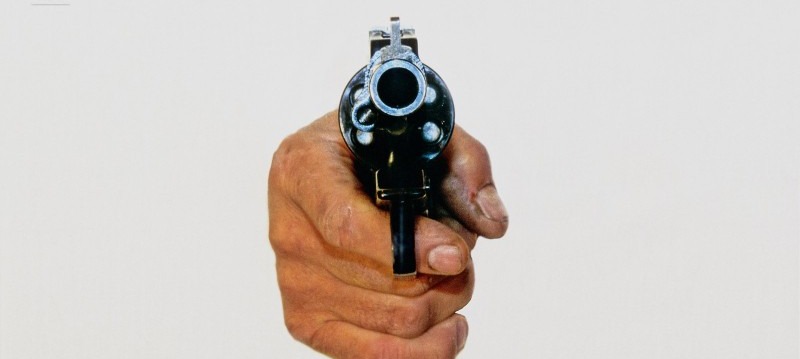Examining media’s role in school violence
Is there a connection between media and shootings?
November 3, 2014
According to USA Today’s “Timeline: Deadly school shootings since Columbine,” there have been at least 24 deadly school shootings since Columbine High School in 1999, and the world has seen a rise in school shootings as more and more teens are turning to irrational violence.
On Oct. 24, 2014, 15-year-old Jaylen Fryberg, from Marysville-Pilchuck High School near Seattle, WA, opened fire in his school cafeteria, according to The Huffington Post. Both Fryberg and another student died on the scene, two died in the hospital after the shooting and two more students remain hospitalized, with one stable and one still in critical condition.
What could possibly motivate a person to commit such an atrocious act? According to Scientific American, “[Violent fantasies of adolescent shooters] take root in a desperate mind that yearns for recognition,” Mr. Frank J. Robertz, co-founder of the Institute for Violence Prevention and Applied Criminology in Berlin, said. “With time, the mental images become more detailed, and they often become buttressed by a distorted sense of what is just or moral, such as the need to avenge a perceived offense or the belief in a divine right to decide the fate of others.”
I don’t think people see it and think, ‘yeah, this is how I’m going to get my fame’, but you certainly see copycat situations, where [there is] great news coverage, then all of a sudden, two or three events happen in rapid succession.
— Mr. William Woessner
Robertz’s research may suggest that the shooters have some sort of obscurity in reasoning. For example, they may be so desperate for attention that they are willing to take others’ lives and their own to gain it. Ross Ellis, founder of Stomp Out Bullying, thinks the “media glorification of previous school shootings” doesn’t help.
When the news broke about shootings at places such as Sandy Hook Elementary School, or Aurora, Colorado, the stories were plastered over the media for days. Everyone wanted to know about the killers Adam Lanza and James E. Holmes, and news sources scrambled to come up with answers. “If it bleeds, it leaves. Anything horrific, anything involving death or dismemberment or human tragedy leads the news,” Mr. William Woessner, school psychologist, said.
Does a connection between the rise of media and the number of school shootings exist? “The media certainly plays a part,” Mr. Woessner said. “I don’t think people see it and think ‘yeah, this is how I’m going to get my fame’, but you certainly see copycat situations, where, [there is] great news coverage, then all of a sudden, two or three events happen in rapid succession.” While no clear-cut reason exists behind the shooters’ motivations, some common themes seem to be revenge and lack of anger management and coping skills, or merely a lack of positive influence.
“Right now, in the last five years, it just seems like there’s been this glorification of the gun,” Mr. Woessner said. “Kids get immersed in those messages, and we have adults who don’t solve problems well, and then we wonder why kids take guns to school when they are having a problem.”
The recent shooter at Marysville High School, according to the New York Times, went on a shooting spree because of a rejection from a girl, and went on to shoot and kill a female classmate, and critically wound several others, with two identified as his cousins.
Possible causes could be lack of a good example or lack of a positive role model. “Kids do what they see, not what they’re told, and the adults aren’t setting very good examples,” Mr. Woessner said. If a child does not have parents, or parents that know how to solve problems well, that could lead to the child making bad decisions or using violence to solve problems.
The major contributing factor, however, really boils down to a lack of hope. People who have hope are more likely to succeed and not do things that harm themselves, others or their futures. But in order for children to have hope, the people they look up to must possess some sort of hope and vivacity for life as well. If parents and role models don’t have hope, then who will pass it on to the future generations?
